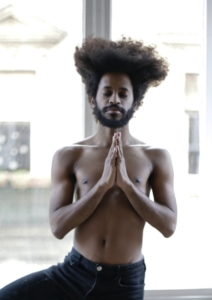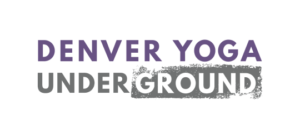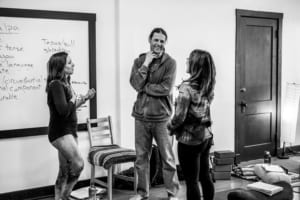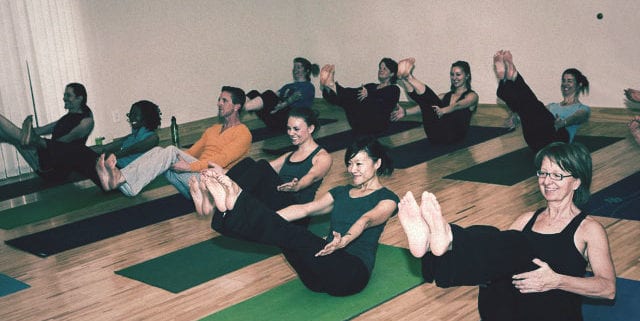
Enter the Unknown – Some, if not much, of the content in this program may be new to you. The content might seem foreign and unfamiliar. It is a little like traveling to a foreign country where you may not have a grasp the language or the food is different. The experience of travel is always revealing and can show you a world entirely outside of your known reality.
Experimentation – You can also look at the yoga training as an experiment in which the outcome is not entirely certain, though you have a hunch that it will lead you to a better place. Yoga practice is unique in that you are both the subject and the object of your study.
You are not standing there doing tests on something in a petri dish – you are both what’s in the petri dish and the scientist. You are the canvas and the painter. The program will support you in integrating the pieces of the program into the grand experiment of your life.
You are both what’s in the petri dish and the scientist.
Dedication – This program is challenging at times. There will be days when you joyfully anticipate class and other days when you may feel challenged and don’t want to go. Apply yourself to the process to get the most out of it, and know that you will most likely not understand or integrate all of the content. Dedication will help you make the most of this opportunity.
Class Participation – The classroom thrives when people ask questions and fully participate. Your participation contributes to the welfare of the greater class atmosphere. The program happens over an extended period of time and the cumulative effect of everyone’s participation is quite powerful.
Learn the Craft of Teaching – Being a confident teacher is not a given. As with learning any craft, at first, it can be awkward and unfamiliar. Inevitable questions arise such as: where do I position myself in the room? how do I demonstrate? how do I find my voice? What happens when many different skill levels show up in the same class? And many other questions.
It can take months or even years of personal practice and teaching on a regular basis before all the components of teaching come together into one unified whole. One gradually learns the best places to position themselves in the room, how to bring inflection into their voice, and how to see the postures with great insight.
You will also become masterful at designing classes that meet the unique needs of the students. You might even accumulate a stash of jokes to let loose at the perfect moment!






